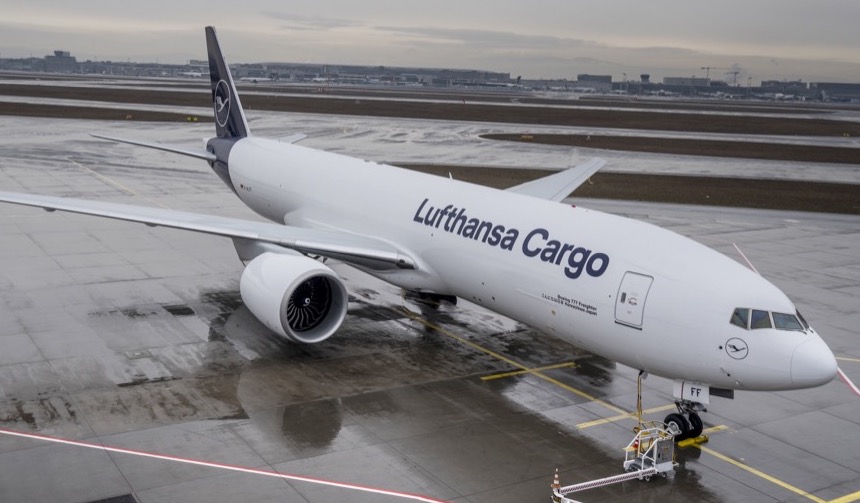Lufthansa Cargo has operated more than 100 preighter flights for logistics company EgeTrans as part of a charter agreement which started in the winter of 2020.
Airbus A340 and A350 passenger aircraft in cargo-only mode have been exclusively for EgeTrans from Frankfurt to Chicago, carrying an average of around 37 tons of freight per flight.
On board are consignments for agricultural machinery and for the automotive, commercial vehicle and hydraulics industries, which can be transported from Baden-Württemberg to the US.
At peak times, up to five preighters flew weekly in the summer of 2021 alone, including roundtrips.
Achim Martinka, Vice President Germany of Lufthansa Cargo, said: “Organizing such preighter turnarounds requires precise coordination with our customers, but also with all parties involved, such as Lufthansa Cargo, Lufthansa Passage and Lufthansa Technik.
“We are proud to have established such a reliable and resilient process chain for the respective freight requirements in these special times. In the future, we will continue to focus on using and offering synergies and capacities in the best possible way for our customers.”
Florian Naujocks, Air Cargo Manager at EgeTrans, said: “The communication with the Lufthansa Cargo contacts works flawlessly and always to our complete satisfaction.
“We are proud that the close cooperation with the Lufthansa Cargo Team Stuttgart is not exclusively limited to the freighters, but that we also have cargo capacities available three times a week on both freighters and passenger aircraft bound for Chicago at Lufthansa Cargo.”
Against the backdrop of lower ancillary loading capacities in passenger aircraft, since 2020 Lufthansa Cargo has regularly enabled freight-only transport in passenger aircraft, some of which have been specially converted for the purpose, which could not often be used in the usual scheduled service due to the pandemic.
Since March 2020, Lufthansa Cargo has operated numerous preighter flights worldwide, making an important contribution by supplying businesses worldwide with essential goods even in times of pandemic, enabling them to continue production and maintain supply chains.
The transport of urgently needed goods, including medicines or medical equipment, could also be ensured in this way.

